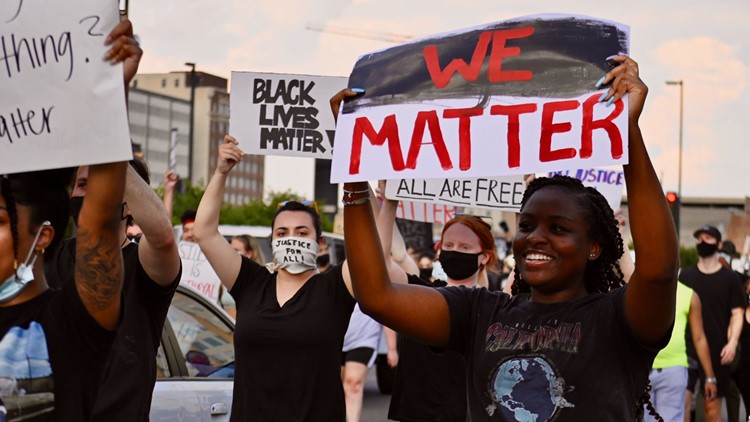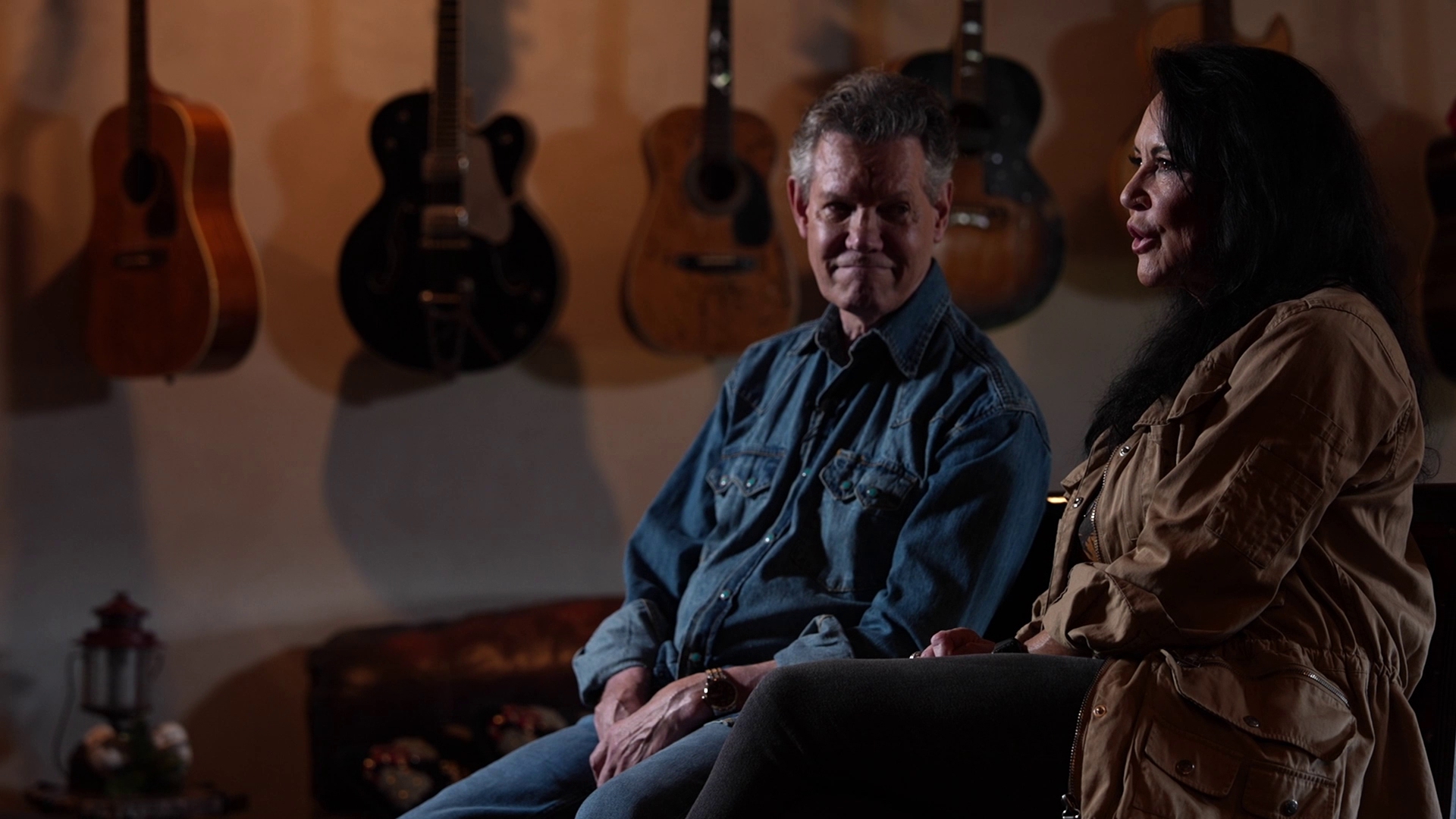DALLAS — Millions of Americans of all colors have bonded in their anger. They want to change the way law enforcement institutions arrest, punish and incarcerate the black community.
Professor Clarence Glover Jr. is a long-time civil rights leader in Dallas, who spoke at a police protest Wednesday. He has advocated for institutional change in the past and sees opportunity today.
“Something that should be done systemically and institutionally and that will last,” he said.
Given all the momentum, can taking to the streets lead to systemic change?
For some answers, I reached out to Professor Peniel Joseph. He is the director of the Center for the Study of Race and Democracy at the University of Texas at Austin.
“Unlike 1968 and uprisings after Martin Luther King’s assassination, we have a lot of white allies who aren’t on the streets, nationally. That's the first time that's happened vis-a-vis racial justice,” Joseph said.
Joseph calls this moment a “generational opportunity” and is advocating for local policy changes.
“We have infused too much investment in the criminal justice system at the direct expense of black communities," he said.
“We need a drastically reduced criminal justice system, where we redistribute that money and those resources into a new vision,” he added.
He said Los Angeles is the city setting that example. Wednesday, the mayor announced plans to cut $100-150 million dollar from the police budget and, instead invest in the black community through jobs, health care and education.
“We need dramatic, not just reform. We need investment in cities right now. People who are marching right now can get investment. Not just from non-profits. Not just philanthropic but from the city’s general fund, which we all pay into,” Joseph said.
That's local. What about on the national level?
Democratic Congressman Colin Allred represents Dallas and other North Texas communities and is a member of the Congressional Black Caucus, which is said to be considering 50 different pieces of legislation.
“We will have some legislation to ban chokeholds. I think that's something that the DPD has done for nearly 20 years. Something we should see spread across the entire country,” he said.
More than 400 civil rights organizations are asking Congress for eight specific reforms to create federal use of force standards, a national database of officers with revoked licenses and enhanced accountability for civil rights abuses.
Also, to prohibit excessive use of force, racial profiling and no-knock warrants. And to end funding for military equipment for police and legal immunity that protects officer who break the law from being sued.
“I don't want to see our officers used as pawns, but we want to make sure there is some level of accountability,” Allred said.
Those aren't popular ideas in the Republican controlled Senate.
Texas Senator John Cornyn told The Hill: "This idea that we somehow are going to paint all of law enforcement with a brush of racism is outrageous in and of itself and it's obviously designed to divide the country further."
Far-reaching systemic change, there's appetite for it on the streets. But converting that anger to action will mean marching that anger into the halls of power.
More on WFAA:
- 'Racism is a public health crisis': COVID-19 and racial disparity
- Fort Worth councilwoman pushing for creation of independent police oversight board
- 'We demand defunding the police': Protester shares list of recommendations in Fort Worth
- 'You changed the world George': Floyd's memorial service in Minneapolis marked by calls to action



